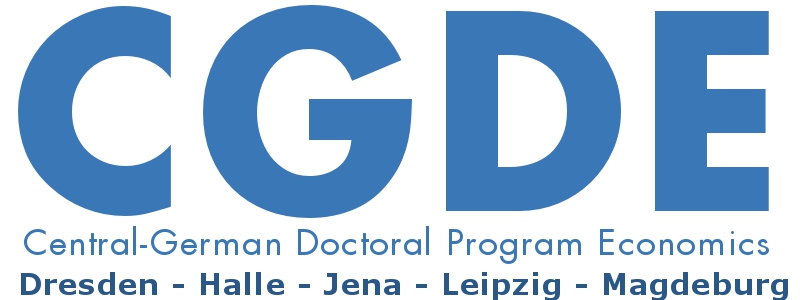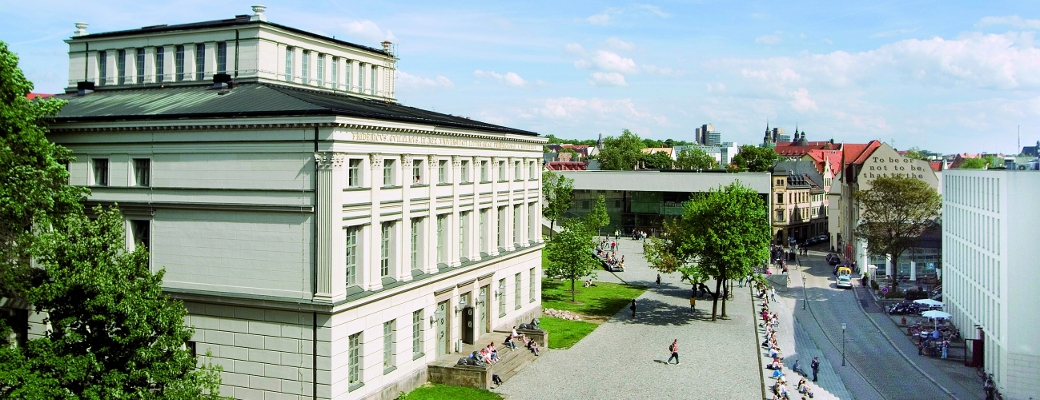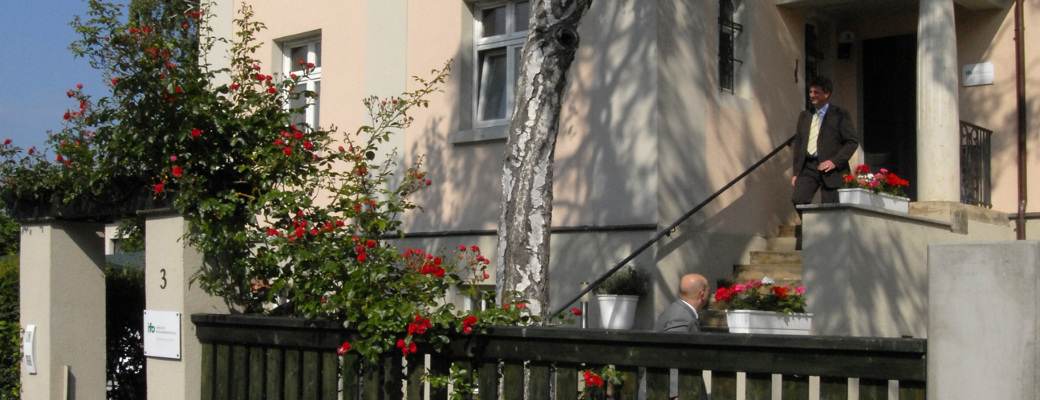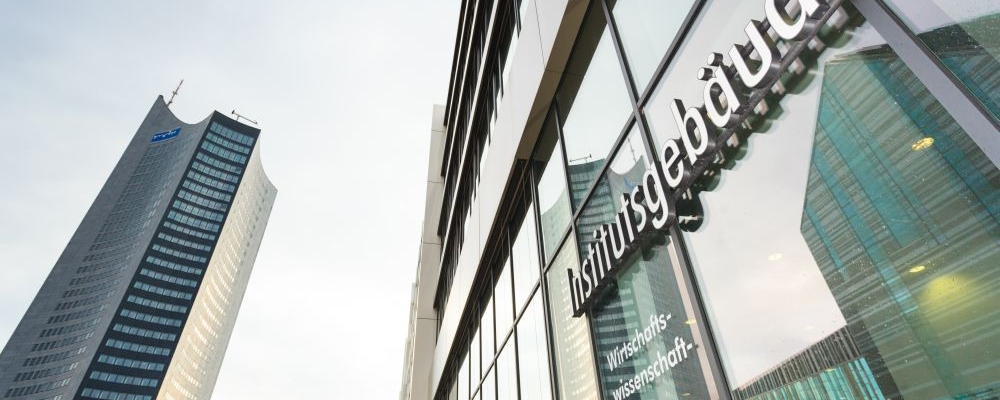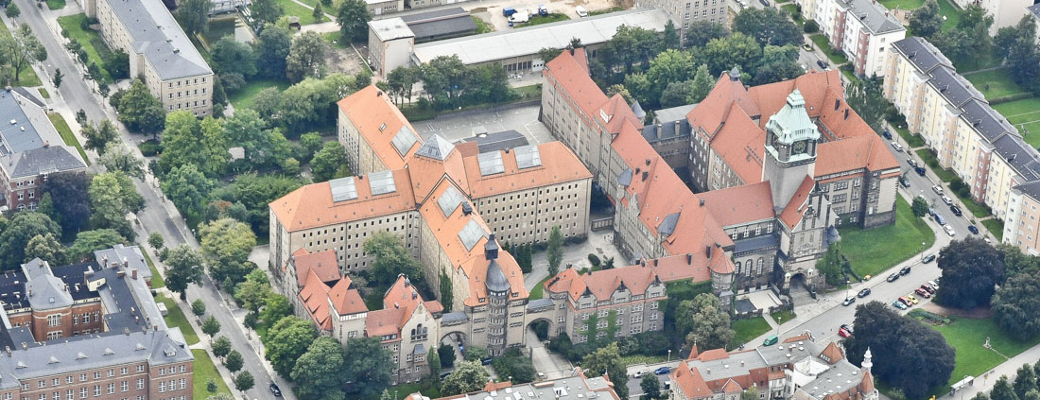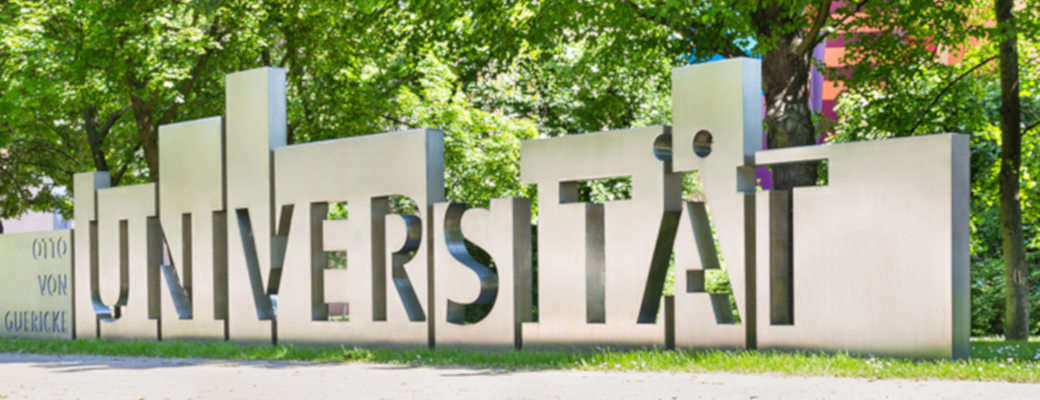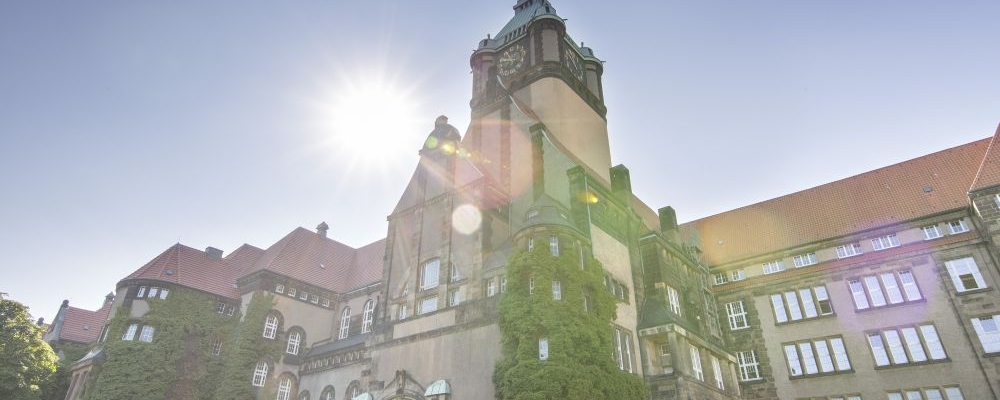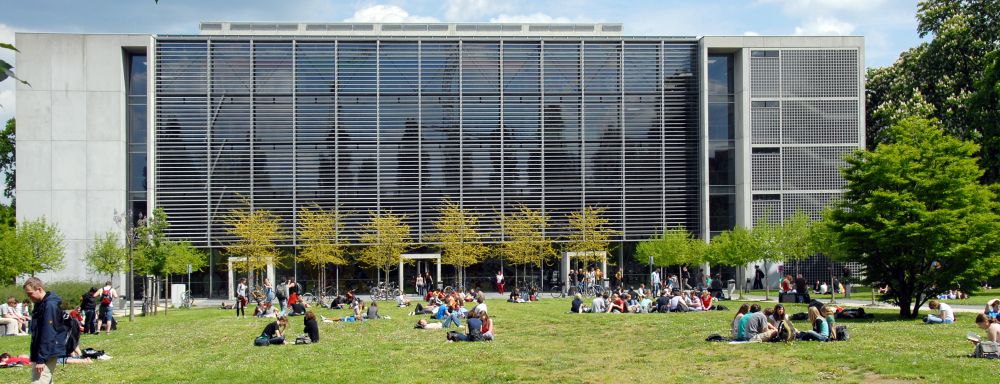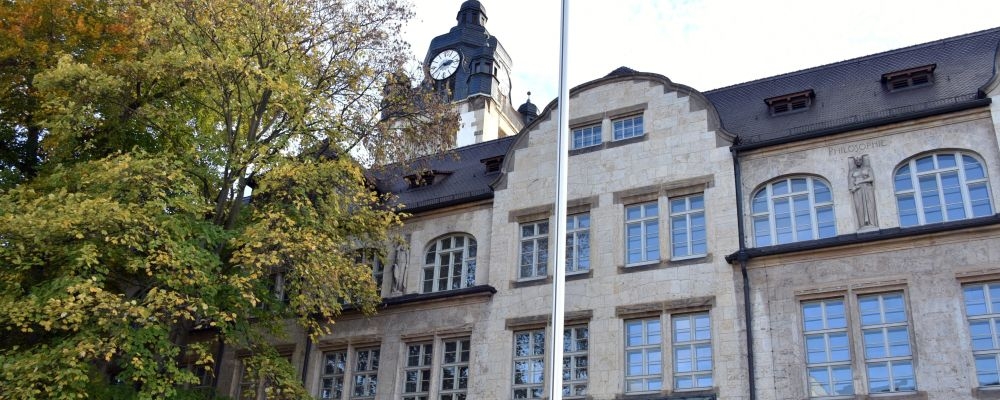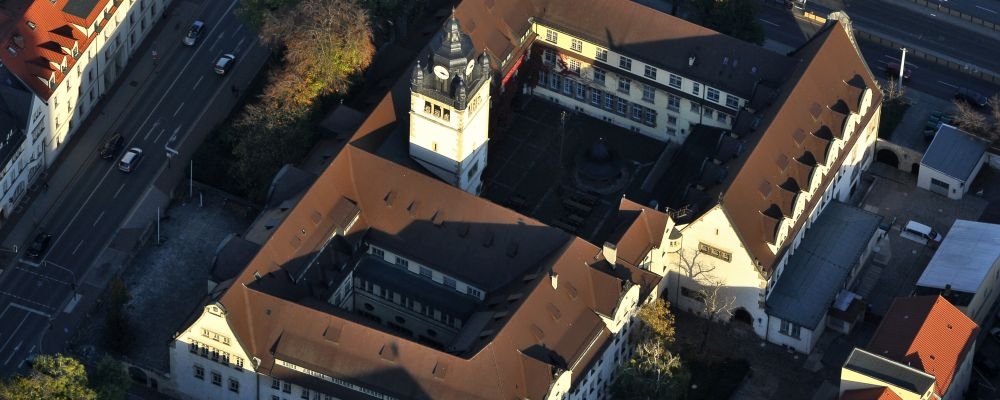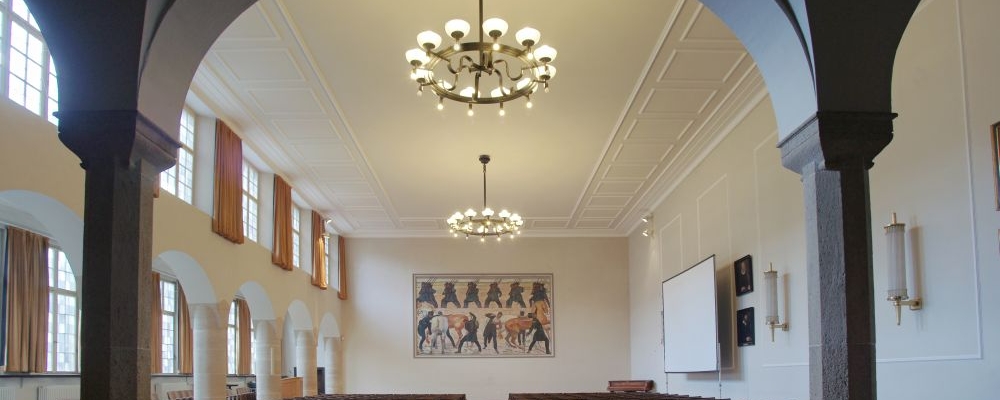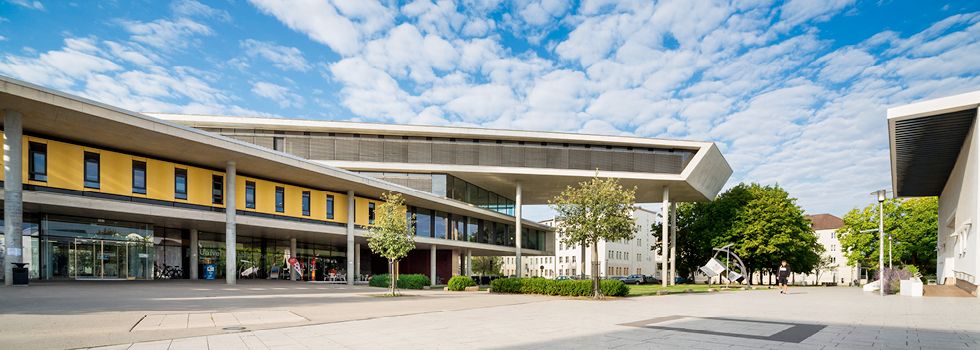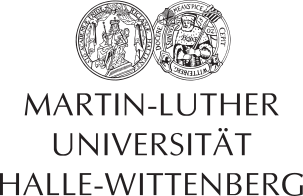Advanced Microeconomics: Global Public Goods
Lecturer: Professor Wolfgang Buchholz (University of Regensburg and CESifo Munich)
Date: October 13-14, 2021
Venue: TU Dresden
Registration: via email yvonne.bludau@tu-dresden.de.
Announcement: pdf
Aims and Scope:
In the recent past, global public goods (GPGs) such as climate protection or global health have become much more important and have attracted much attention also in economics. Based on a recent paper by Todd Sandler from the University of Texas at Dallas and myself (“Global Public Goods: A Survey, to appear in: Journal of Economic Literature 59(2), June 2021) the central issues related with GPGs will be treated in this course both from a theoretical and an empirical perspective.
Structure and Topics:
a) Types and properties of GPGs
b) The baseline model and its non-cooperative Nash equilibrium
c) Properties of the Nash equilibrium and some comparative statics (e.g. on changes of countries’ income and preferences)
d) The role of leadership in GPG provision
e) Departures from the baseline model
f) Types of cooperative solutions
g) GPG coalitions I: Profitability
h) GPG coalitions II: Stability
i) Empirical Applications I: Climate change and
j) Empirical applications II : global health
k) Success factors and roadblocks for collective action on public good supply
Organization:
The topics listed above will be treated in 10 online lectures (of about one hour length on average) that are recorded with zoom and made available to the participants not later than June 2021. As a supplement to these lectures some exercises will be given which have to be processed by the participants (preferably in groups).
On October 13-14, 2021 there will be – hopefully personal – meeting at the TU Dresden at which, on the one hand, the solution of the exercises will be presented by the various groups and, on the other hand, the future prospective of GPG provision will be discussed from the viewpoint of political economy.
